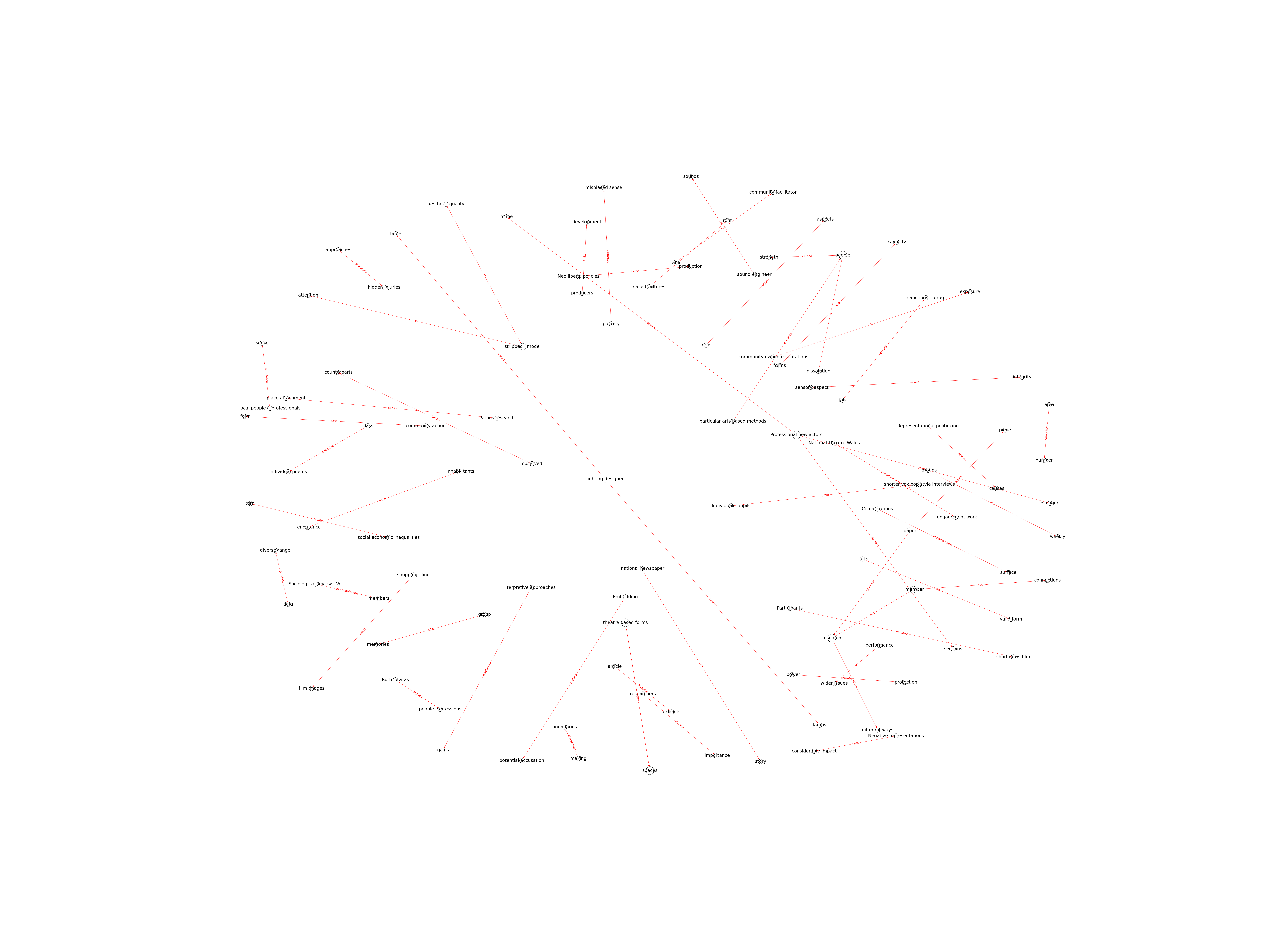| Id | 912 | |
| Author | Byrne E., Elliott E., Williams G. | |
| Title | Performing the micro-social: using theatre to debate research findings on everyday life, health and well-being | |
| Reference | Byrne E., Elliott E., Williams G.; Performing the micro-social: using theatre to debate research findings on everyday life, health and well-being ;Sociological Review vol:64.0 issue: 4.0 page:715.0 |
|
| Keywords | health and well-being; inequality; micro-sociality; participatory theatre; territorial stigma |
|
| Link to article | https://www.scopus.com/inward/record.uri?eid=2-s2.0-85006149552&doi=10.1111%2f1467-954X.12432&partnerID=40&md5=e687617a36e626b2b5bfd3df01b496fe |
|
| Abstract | This paper describes and critically assesses the use and development of a model of participatory theatre to reappropriate the ways in which a place in the deindustrialized south Wales valleys is represented. Neo-liberal policies which focus on individual responsibility, conditionality, sanctions and incentives frame the production of statistics on health inequality and deprivation in particular ways. While ‘place’ can be a resource for expressing positive identities this presents people living in economically under-resourced areas with a problem if that place-based identity is also subject to vilification. In this paper we focus on three objectives: to explore negative stereotypes of a post-industrial community; to describe the methods and process of working alongside local people to offer alternative ways of understanding place; and to discuss the implications of using community theatre for policy and practice. We argue that theatre-based forms of place-making and dialogue can create spaces where policy issues, such as health and well-being, can be discussed in the context of everyday local concerns. Meanings in common are generated in ways that create affective understandings of place and the impact of economic change and crisis (Jones et al., 2013). These co-productive processes are uncertain, emergent, and risky and need to be managed carefully in the context of trustful relations. © 2016 The Authors. The Sociological Review published by John Wiley & Sons Ltd on behalf of the Editorial Board of The Sociological Review. |
|
| Metodology | Technique |

Note: Due to lack of computing power, results have been previously created and saved in database


